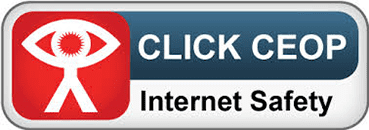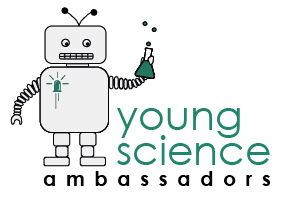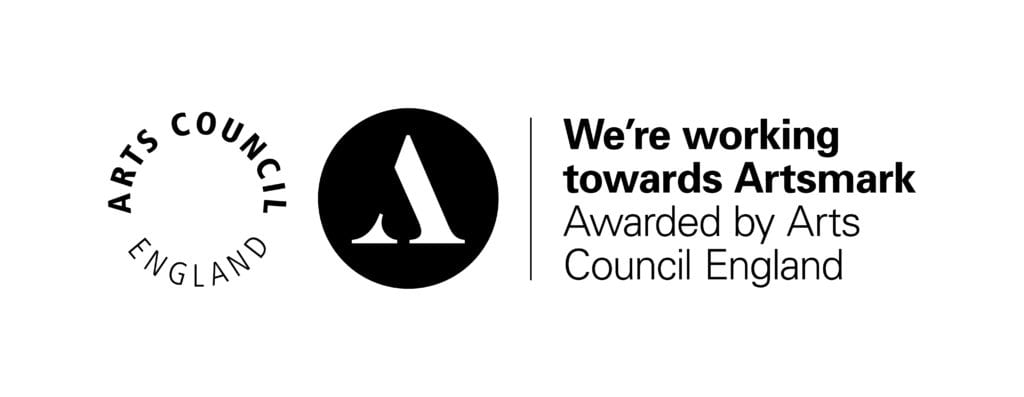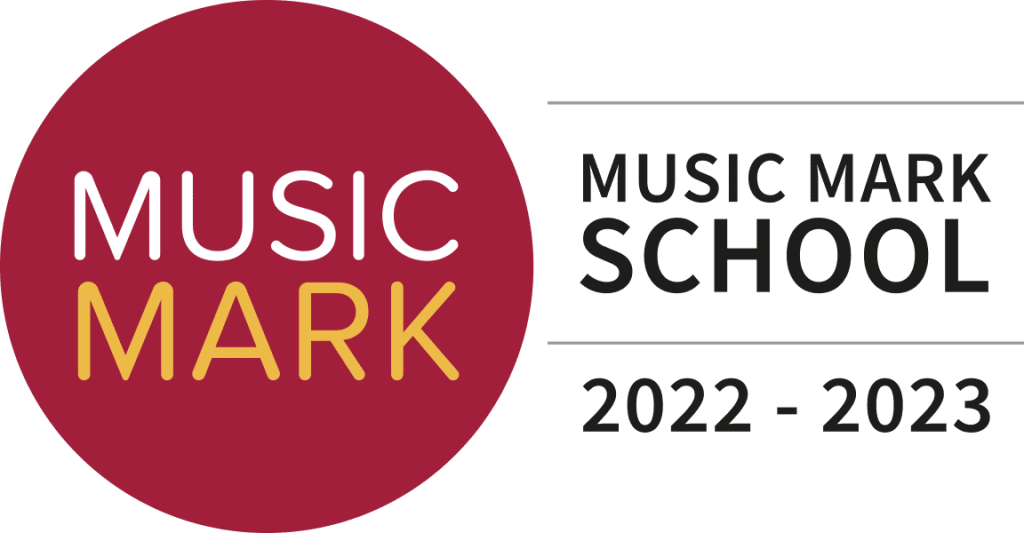Within the National Curriculum, Programmes of Study set out the essential teaching within each subject area. Attainment targets for each subject area set out what pupils are expected to know and be able to do. There are national tests for primary school pupils at ages 7 and 11. These ages mark the ends of the two key stages of the primary school part of the National Curriculum. Pupils undertake a National phonics test at the end of Year 1.
Visit the Gov.uk National Curriculum website.
English
English is a vital way of communicating in life. In studying English, pupils develop skills in listening, speaking, reading and writing. It enables them to express themselves creatively and imaginatively and to communicate with others effectively. Pupils learn to become enthusiastic and critical readers of stories, poetry and drama as well as non-fiction. The approach to reading in school encourages pupils to read for meaning and enjoyment and emphasises the need to develop skills for reading both for pleasure and information.
Pupils are encouraged to become independent and develop a life long love of reading. The letters and sounds programme is followed from Nursery to Y2. It is adapted to meet the needs of the pupils, as appropriate.
We use a variety of reading schemes which have been levelled and colour coded to ensure pupils read a mixture of texts at appropriate levels.
Pupils are encouraged to write as individuals, to appreciate different styles of writing, and to produce for themselves factual, descriptive and creative pieces of work.
Mathematics
In mathematics we give pupils a powerful means of communication. This includes the ability to solve problems, to understand numbers, shapes and relationships, and to predict likely results. All of this is applied in a range of practical tasks and real-life problems.
Grindon Infant School is very well resourced with a range of materials and practical apparatus. Pupils are assessed on a regular basis to ensure that the learning they undertake is suitable for their ability, with sufficient challenge to develop progression.
Science
In science pupils are involved in practical investigations which build on their own interests and experience. Individual and group skills of planning, decision-making, investigating and communicating results, as well as observing, classifying, recording, making and testing hypotheses, designing experiments and drawing information from evidence are vital to science-based activities but also have a much wider application.
Design and Technology
In Design/Technology we encourage the pupils to understand the significance of design and technology to the economy and to the quality of life. This involves planning and making things, and evaluating outcomes.
History
In history we introduce pupils to historical personalities and events through stories, poetry and pictures. We use the pupils own lives and environment to make them aware of the passage of time.
Geography
In geography we introduce pupils to the local area as well as extending their factual knowledge of the wider world. This is done using maps, photographs, written accounts and other sources.
P.E. (Physical Education)
In physical education pupils develop their skills in gymnastics, dance, outdoor, individual and team games, to develop good body co-ordination and control. We endeavour to give each child enjoyment and satisfaction from physical activity and to foster the development of positive sporting attitudes.
Art
In art pupils are encouraged to experience a variety of different techniques. The school’s arts provision gives pupils a range of cultural experiences eg visits to art galleries, visits from theatre in education organisations and visits to the school by local artists.
Music
In music we encourage the pupils to make music and to develop an appreciation of different types of music from all over the world.
Religious Education and Collective Worship
The religious education curriculum is taken from the City of Sunderland’s Agreed Syllabus. Although Christian-based, it also ensures that our pupils have respect, awareness and understanding of other world religions, in particular Buddhism and Judaism. There are varied arrangements for daily worship, including class and whole-school assemblies.








